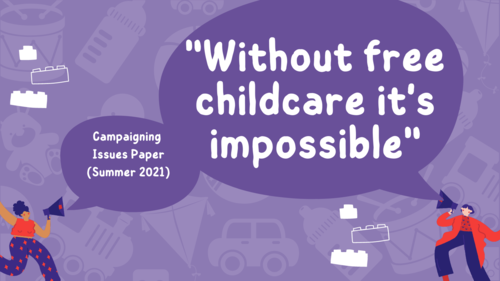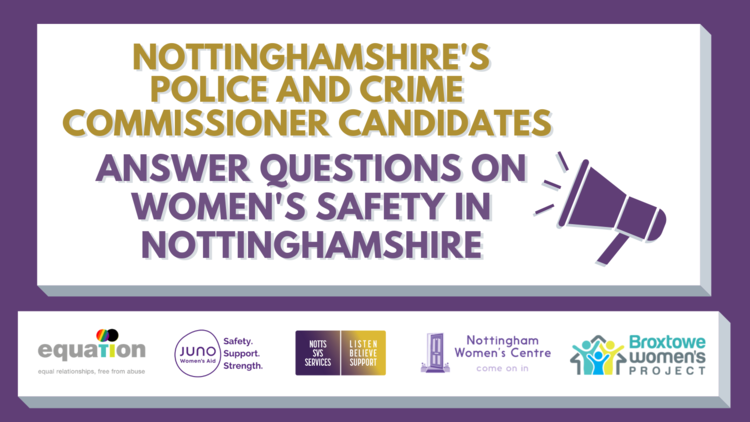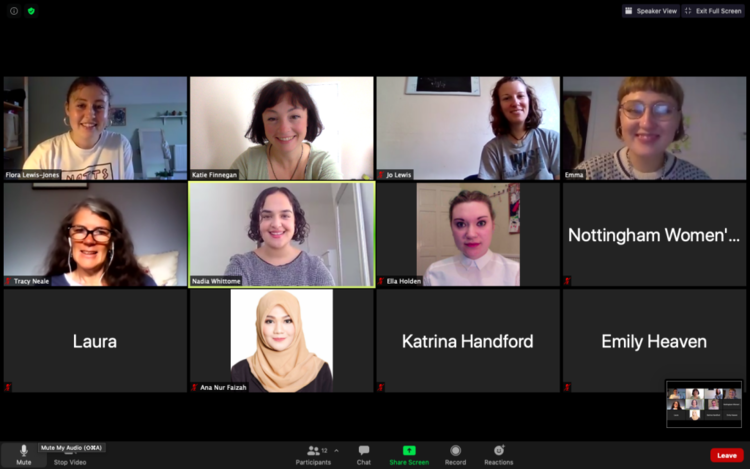We recently submitted evidence to the Women and Equalities Committee inquiry into menopause and the workplace. We’re pleased to share it’s been accepted and published for all to read!
We had a wealth of information to offer up to the inquiry thanks to our Menopause in the Workplace report and campaign which we worked on throughout 2020.
We started by outlining the nature and extent of discrimination we had heard about from our work with women – along with the economic impact of that discrimination. We then built this out into a second section of the submission which detailed how businesses can factor in the needs of employees going through the menopause.
Check out our Menopause in the Workplace report and resources for employees and employers…
From our research and Menopause in the Workplace survey, we found that:
● Only 9.3% of women who completed our survey felt supported in the workplace while going through the menopause.
● 57% of women reported that hostile workplace environments impacted their wellbeing and ability to work.
● This led to 55.1% of the women surveyed considering reducing their hours or leaving their jobs.











